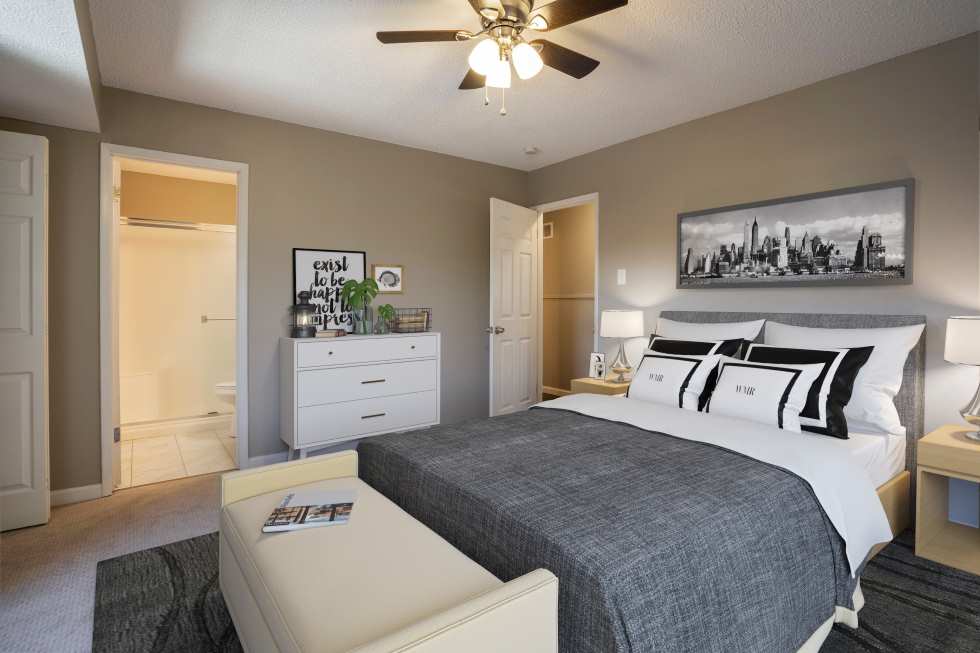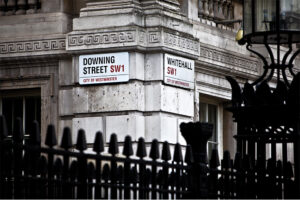HM Revenue & Customs have released a policy paper about the Abolition of the Furnished Holiday Letting (FHLs) tax regime.
These were changes originally announced at the Spring Budget on 6th March 2024, but it has been very quiet since then and with the General Election there was a lot of speculation as to whether the measure would actually be introduced.
We covered the main implications with our Budget coverage in March (https://www.randall-payne.co.uk/budget/spring-budget-2024-property-taxes/). The measure is designed to promote fairness and align the tax rules for Furnished Holiday Let businesses with those of other property businesses.
Draft legislation has been issued and the date of implementation is April 2025 (as originally planned).
As a brief overview, the main tax advantages of a property qualifying as an FHL are as shown below, along with a summary of the corresponding rules which are currently available for ‘standard’ rentals i.e. rentals that do not qualify as an FHL:
| FHLs | ‘Standard’ rentals | |
| Mortgage interest | Mortgage interest can be deducted against profits. | The taxpayer will receive a deduction against due equal to the mortgage interest x 20%. Therefore, higher or additional rate taxpayers will receive less tax relief. This method also means reportable profits are higher, which could cause the taxpayer to reach certain thresholds earlier, or affect tax credits etc. |
| Capital allowances | Capital allowances are available which means FHLs can receive a deduction for the initial purchases of relevant items against profits e.g. furniture, white goods. | Taxpayers will only be able to claim for the cost of replacing these items, with no deduction available for initial purchases. This is a particular disadvantage when first getting the property available to be let out, as a significant amount of expenditure is likely to be incurred without any availability of tax relief. |
| Profit split | Spouses or civil partners who jointly own an FHL can choose to split the profits in a ratio of their own choice. This can mean more profits can be allocated to the lower earner, thereby saving tax. | Spouses or civil partners who jointly own a standard rental can only generally split profits 50/50. There are ways to change the split, however, it is less flexible and involves incurring legal fees to do so. |
| Capital Gains Tax (CGT) | There are a number of CGT reliefs available for qualifying FHLs, these being: Business Asset Disposal Relief, Business Asset Rollover Relief, Gift Hold-over Relief | No CGT reliefs are generally available. |
| Relevant earnings | Profits count as relevant earnings for pension contribution purposes. | Profits do not count as relevant earnings for pension contribution purposes. |
The extra details now cover some of the transitional rules, dealing with how we move from the current environment to the proposed regime. The most significant points are as follows:
Capital Allowances
Businesses with FHL properties will no longer be eligible for the more beneficial capital allowances treatment but will instead be eligible for ‘replacement of domestic items relief’ in line with other property businesses. Thankfully where an existing FHL business has an ongoing capital allowances pool of expenditure these will still be entitled to capital allowances on that pool. Any new expenditure incurred on or after the operative date must be considered under the property business rules
Losses
Under current rules a loss generated from a FHL property business can only be carried forward and utilised against future profits of that same FHL business. From April 2025 the profits and losses of a property business will be amalgamated, giving more flexibility.
Capital Gains Tax
Under current rules FHL properties are eligible for roll-over relief, business asset disposal relief, gift relief, relief for loans to traders, and exemptions for disposals by companies with substantial shareholdings — after the changes eligibility for these reliefs will cease.
Also, in relation to business asset disposal relief, where the FHL conditions are satisfied in relation to a business that ceased prior to April 2025, relief may continue to apply to a disposal that occurs within the normal 3-year period following cessation.
These are welcome clarifications, which will give a bit more certainty around tax planning. Since the original announcement in March a number of people have been considering exiting the sector, but selling property can take some time. Accordingly, some operators will be considering whether to cease their FHL business prior to the end of the tax year to secure a favourable Capital Gains Tax treatment.
However, there are also Anti-forestalling rules being proposed to prevent parties from entering into transactions to secure a tax advantage artificially. These rules do not apply in all circumstances, although if they do not apply a specific statement is required with the tax submission confirming that point.
This does mean it will be vitally important to document and retain evidence in relation to any disposals of FHL’s made for some period of time.
This remains a complicated area of taxation, and whilst the abolition of FHLs is ultimately a simplification, the current regime allows a series of tax advantages and the removal of the specific reliefs will mean taxpayers look to make hay while the sun shines.
For further advice please contact a member of our tax team on tax@randall-payne.co.uk or call 01242 776000 and one of the team will call you back.




